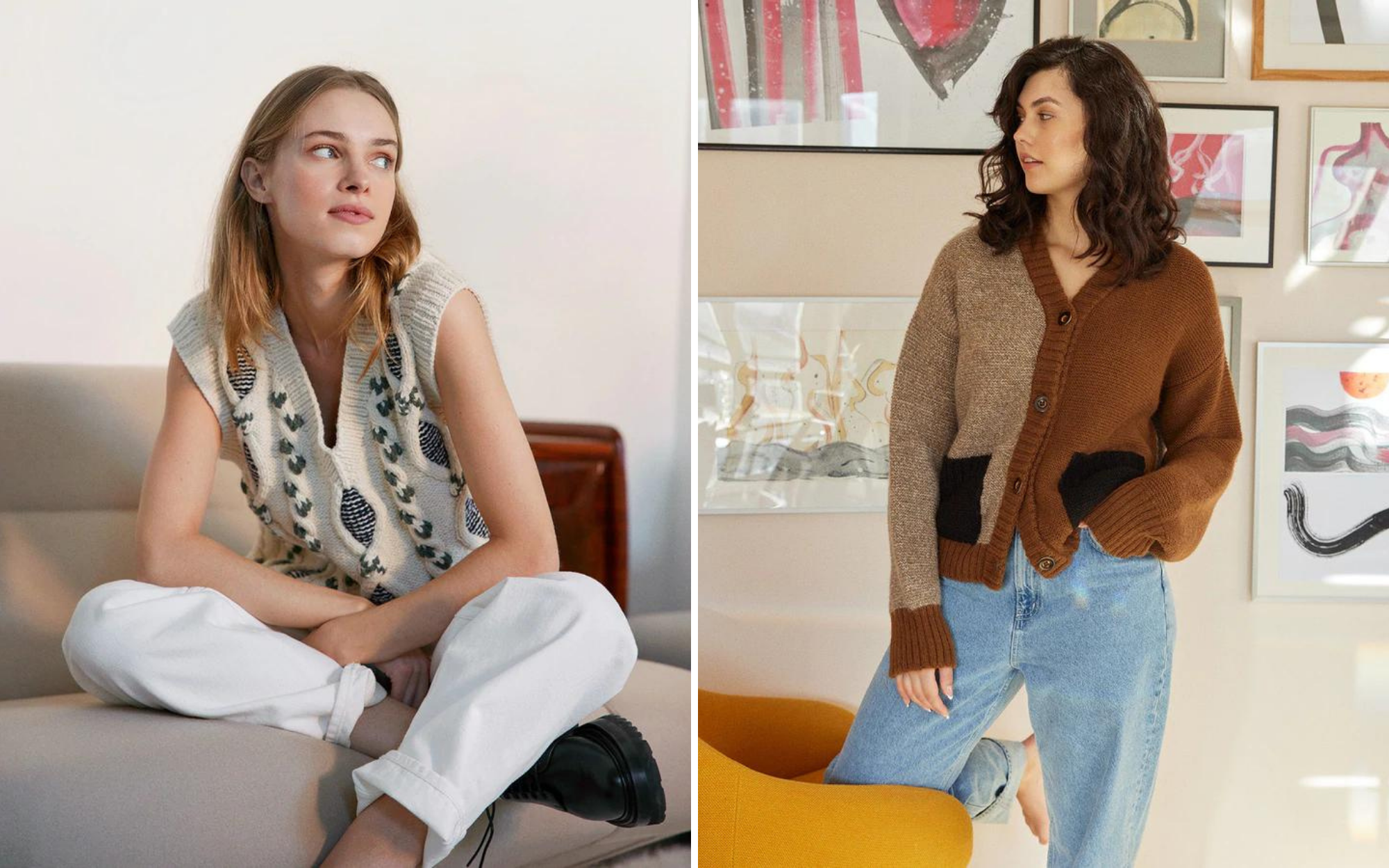Both of the new waves include meticulous manufacturing, local operations and production, transparency, and high quality – even if it means that the end product will take more time and effort to get done.
Slow movements appreciate contents that offer more and better to consumers as well as to producers. They aim to defend and cherish handcrafts, the environment, people, and animals.
The short history of slow fashion
In 2012, a writer, journalist, and clothing consuming expert from New York, Elizabeth L. Cline, published her work Overdressed: The Shockingly High Cost of Cheap Fashion.
The publication opened the effects of cheap fashion on the environment, economy, and society in a remarkable way. Elizabeth’s text has since been read, taught, and quoted all around the world. It has become a basic ethos of ethical and sustainable fashion, provoking intense debate about the counter forces of fast fashion, too.
The actual concept of slow fashion is borrowed from the Slow Food Movement founded by Carlo Petrini in Italy in 1986. Slow food combines enjoyment and food with awareness and sustainability. It has given rise to other slow movements as well.
The term slow fashion is connected also to fashion journalist Angela Murrills and researcher-writer Kate Fletcher, both having published works related to the theme in the 2000s.
The media giants Vogue and New York Times have traced the history of slow fashion to the 1990s. As a pioneer of the movement they mention f.ex. a British fashion designer Katharine Hamnett, who reportedly was the first designer to connect fashion and environmental activism. Another well-known designer-activist from the beginning of the 2000s was Stella McCartney.
Why choose slow fashion?
Slow fashion as an approach to clothing is very wholesome. According to Kate Fletcher, it’s necessary for the future and practically the only possible trend in the fashion industry.
Slow fashion is a way to identify sustainable clothing solutions that will rise to challenge cheap fashion and the traditional selective fashion world – and offer a genuine alternative.
The ideology of slow fashion notices animal rights and nature’s diversity and calls for sustainable means to organize the production and raw materials of clothing.
Fair trade and social sustainability are a part of the theme. The prices must be transparent and appropriate for both producers and buyers. No one should suffer during the process and local production must be favored.
As a result, high-quality sustainable clothing is postulated. Slow fashion promotes buying “better” clothes while treating people, animals, and nature with equality. The philosophy encourages recycling and repairing old products, as well as buying from small producers with faces.
Product innovations and new ecological materials are developing the slow fashion criteria even further.
Slow fashion brand tips at IVALO.COM
The Knotty Ones is a social company founded in Vilnius, Lithuania.
The Knotty Ones employs artisans, mostly housewives in Lithuania. Most of them live in small villages in rural areas with not many chances to provide for their families.
The made-to-order sweaters of The Knotty Ones guarantee these women safe working conditions, fair salaries, and the possibility to take care of themselves and their kids.
The Knotty Ones’ sweaters are super beautiful. The designs and colors are lovely, and the ethically produced pieces are timeless – made of top-quality natural materials. They strive to offer long-lived and long-loved clothes to their customers. The high quality makes these clothes very maintainable.
The Knotty Ones collection enables a personal style for an urban dresser even with a smaller wardrobe.

Nomen Nescio is a Finnish trendsetter of minimalistic unisex fashion. Instead of ever-changing trends, Nomen Nescio wants to offer lasting style, freedom, and tranquility.
When the whole wardrobe contains timeless and simple black, it becomes easy to choose and combine clothes.
According to Nomen Nescio, the most important thing for sustainability is not the choice of organic or recycled materials, but the change in people’s minds and thoughts about clothing.
Everyone should stop and think about their requirements and take care of their clothes. When there are your favorite clothes in your wardrobe instead of some new pretty things, the ensemble becomes light, utilitarian, and effectual. You can choose your favorite outfit every day!
For Nomen Nescio, sustainability means also choosing ecological fabrics and local production.









